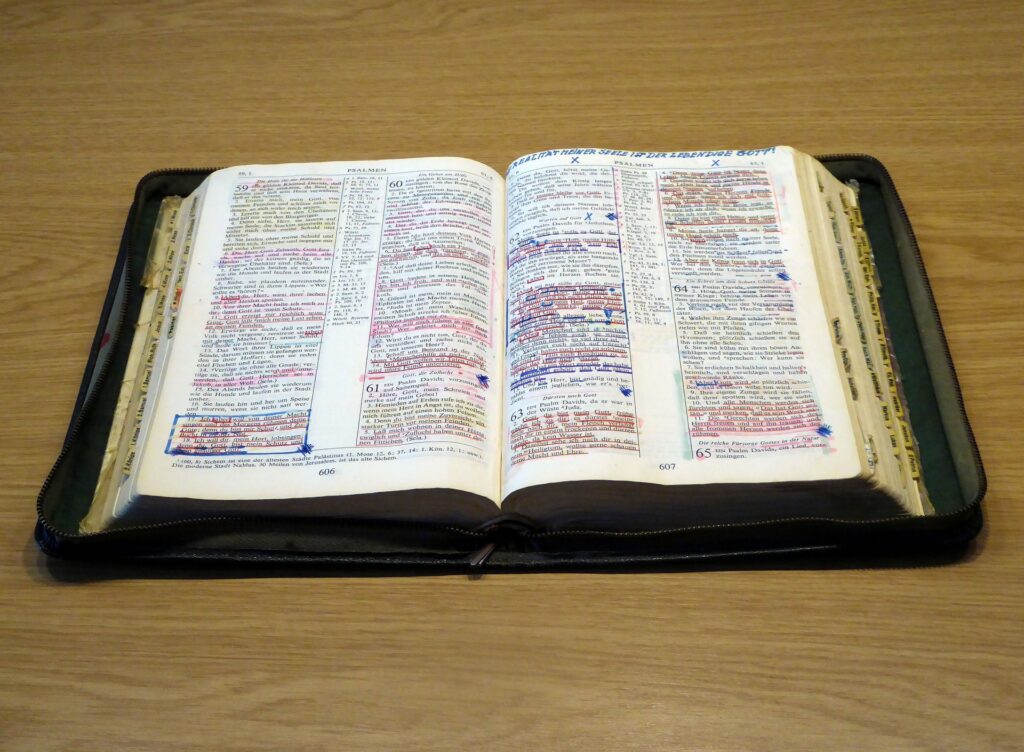
Peter’s Greeting (1 Peter 1:1-2)
Notes:
The form of this greeting is typical for the Greek letter of that day. Writer’s self-identification-“Peter, an apostle of Jesus Christ.” A designation of those being addressed-“Exiles of the Dispersion.” Salutation-“May grace and peace be multiplied to you.”
The author identifies himself as “Peter, an apostle of Jesus Christ.”
The author, of course, is Simon Peter. “Peter” is the Greek form of Cephas, the nickname Jesus gave Peter (Jn. 1:42). It is extremely likely that Simon was known simply as “Peter” among Greek speaking churches. Therefore, when writing to Gentiles, he simply uses his name “Peter.”
Peter is an apostle of Jesus Christ. As an apostle, he has the right to speak on God’s behalf. As an apostle, he would have had the gift of the Holy Spirit which would have given him inspiration for the writing of this epistle. Peter, therefore, begins his epistle by declaring his apostolic authority.
The designation of the recipients.
These recipients are designated “chosen [elect] exiles of the dispersion.”
Elect. This term is derived from the Old Testament designation of Israel as God’s people (1 Chr. 16:13; Ps. 105:6; Is. 65:9, 15, 23). Just as under the Old Testament, Israelites were chosen to receive God’s blessings, under the New Testament, Christians are chosen to receive God’s blessings. This text simply says that these Christians were elect; he doesn’t say how they were elected (2 Thess. 2:13-14).
Exiles or strangers or aliens. This term refers to a person who temporarily lives in a foreign place. They were now exiles or strangers. They didn’t belong where they lived. They belong in heaven. Those around them also probably considered them strangers our outsiders.
“Exiles of the Dispersion.” The term is used 12 times in the Septuagint (LXX) to mean God’s people scattered among Gentiles (e.g., Deut. 28:25; Jer. 13:14; 15:7; 41:17; Dan. 12:2). Since the Babylonian exile, Jews referred to Jewish communities outside Palestine as “dispersion” or “diaspora.” The idea to the Jews was that they were outside of their rightful home, Palestine. The idea here is that these Christians are outside of their rightful home, heaven.
The location of these Christians.
These Christians were located in Pontus, Galatia, Cappadocia, Asia, and Bithynia. These Roman provinces covered more than 300,000 square miles. The course given follows known routes used by people during this time.
These Christians were elect “according to God the Father’s foreknowledge.”
“Foreknowledge” refers to God’s omniscient wisdom and forethought. The same Greek term is used to denote God’s foreknowledge of Jesus’ crucifixion (Acts 2:23). Here, the meaning is that God foreknew who would be chosen. Those in Christ would be chosen. God even in his foreknowledge knew who would be saved and lost. Yet, God’s foreknowledge does not remove the human will.
These Christians were also sanctified by the Spirit.
“Sanctification” refers to setting the Christian apart as holy. Setting a Christian aside as holy is the work of the Holy Spirit.
This was done “for obedience to Jesus Christ and for sprinkling with his blood.”
Peter has been talking about the Godhead’s role in our salvation—God’s election, the Spirit’s sanctification. Now, he discusses the Christian’s role—obedience. The Christian is to be obedient to God.
When one is obedient, he is sprinkled with the blood of Christ. When the people committed themselves to following God’s law, Moses sprinkled them with blood (Exod. 24:3, 7-8). When one today commits himself to following God, he is sprinkled with the blood of Christ. The blood of Christ redeems one from sin (1 Pet. 1:18, 19).
Peter then gives the common Christian salutation “grace and peace.”
Peter adds a wish that these blessings be multiplied to these Christians.
This class was originally taught by Dr. Justin Imel, Sr., at the Owingsville church of Christ in Owingsville, Kentucky.





